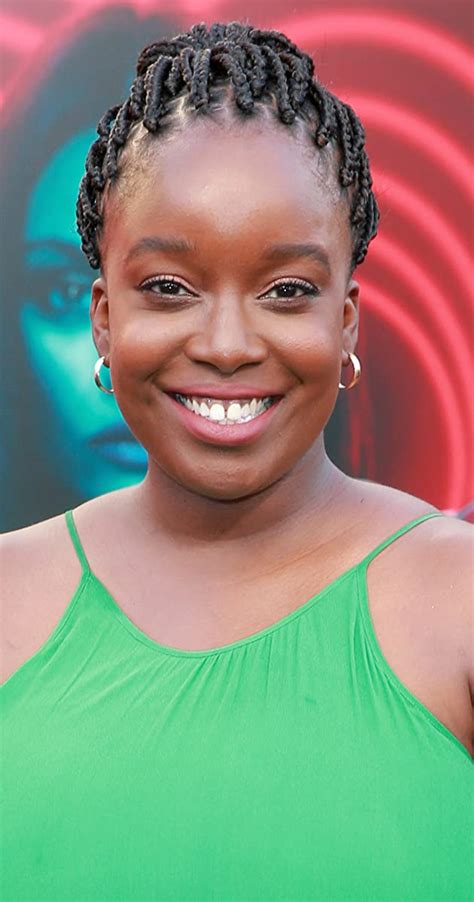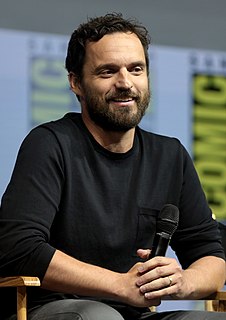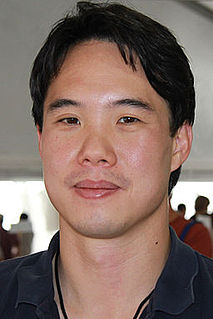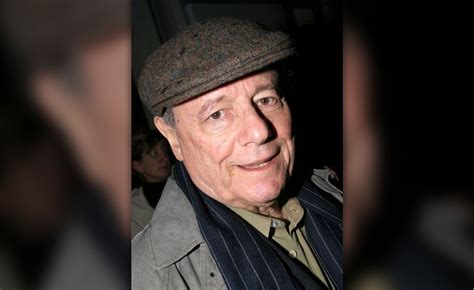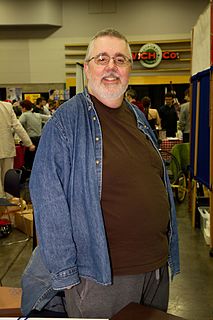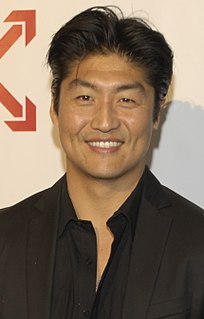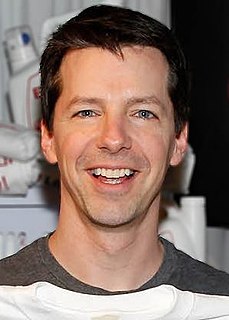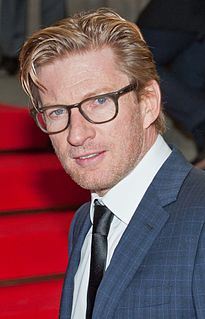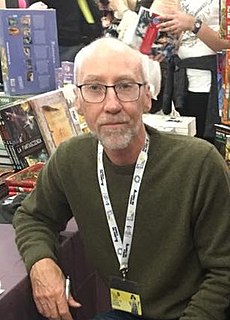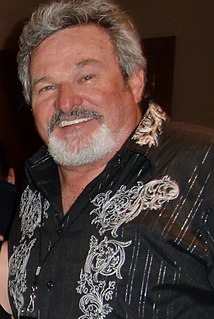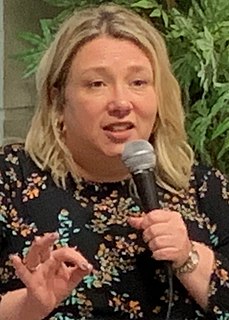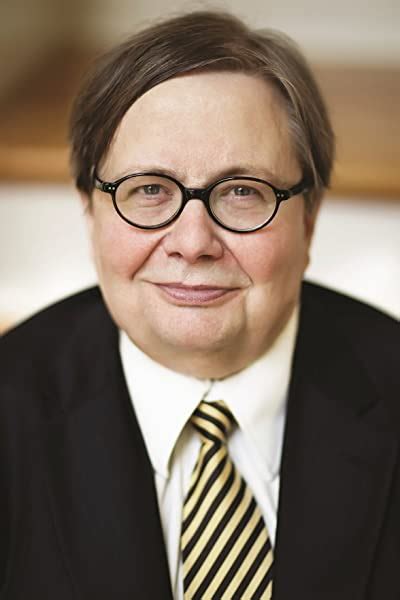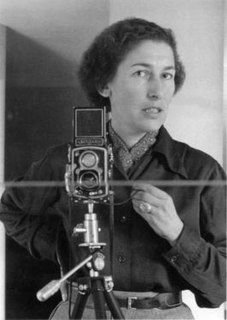Top 1200 Fictional Character Quotes & Sayings - Page 6
Explore popular Fictional Character quotes.
Last updated on November 15, 2024.
I don't only act out of my character; my character reacts to my actions. Each time I why, even if I'm not caught, I become a little bit more of this ugly thing: a liar. Character is always in the making, with each morally valenced action, whether right or wrong, affecting our characters, the people who we are.
Character grows in the soil of experience with the fertilization of example, the moisture of ambition, and the sunshine of satisfaction. Character cannot be purchased, bargained for, inherited, rented or imported from afar. It must be home-grown. Purely intellectual development without commensurate internal character development makes as much sense as putting a high-powered sports car in the hands of a teenager who is high on drugs. Yet all too often in the academic world, that's exactly what we do by not focusing on the character development of young people.
I learned a lot from Dick Wolf. I'll always remember playing that character because it was such a good character. It was great to be able to be a character like that for television. I think the thing that I'll bring from the whole experience, the whole 10 years, is I had never been interested in the television business before.
The desire to criticise becomes less and less as the character is developed. It is the mark of a ?ne character never to be critical and to mention but rarely the faults of others. A strong character does not resist evil, but uses their strength in building the good. They know that when the light is made strong, the darkness will disappear of itself.
Understand and apply this vital principle to your life: Your exercise of faith builds character. Fortified character expands your capacity to exercise greater faith. Thus, your confidence in making correct decisions is enhanced. And the strengthening cycle continues. The more your character is fortified, the more enabled you are to exercise the power of faith for yet stronger character.
The ability to stretch my range into all genres and characters is something I take great pleasure in doing. I thoroughly enjoy it. I consider myself a character actor, though some think of me as a leading man. As an actor, I love shifting gears from character to character, and the more range I can expand, the better.
There's different ways of getting into character. There's what's called 'the outside,' in which is finding the physicality of the character first. To give an example, in 'Gettin' Square' - Johnny Spitieri - that's how I found that character. I knew those people that I'd seen up at Kings Cross. I knew how they sounded.
Character is just another word for having a perfectly disciplined and educated will. A person can make his own character by blending these elements with an intense desire to achieve excellence. Everyone is different in what I will call magnitude, but the capacity to achieve character is still the same.
I'm very much into the costuming of any character that I portray and it's one of the great things about making movies is it's a collaborative art form so you get all these artists who are looking specifically about for this instance your character's costume and what that might tell about your character.
Not every character that you play is going to be somebody that you like or love, but every character that you play has a story that is worth telling. If you're not the person to tell it, that's one thing. But if you don't want to tell it because you are afraid of the unpopularity of the character, I view that as a missed opportunity.
And, for any performer, to be able to go deep into character is fantastic. In film you only get to do that if you're the leading character. But in television you get 18 hours to really test the audience and take them to the edge of how far they will go with this character. I can step over this line and I love that.
If you think of even Tolstoy or a book like 'Anna Karenina,' you go from character to character, and each section is from the third person perspective of a different character, so you get to see the whole world a little more kaleidoscopically that way. That's traditional narrative manner, and I haven't done a book like that before, but I enjoyed it.
Brains and character rule the world. The most distinguished Frenchman of the last century said: Men succeed less by their talents than their character. There were scores of men a hundred years ago who had more intellect than Washington. He outlives and overrides them all by the influence of his character.
My work sanitizes it (emotion) but it is also symbolic of commercial art sanitizing human feelings. I think it can be read that way.... People mistake the character of line for the character of art. But it's really the position of line that's important, or the position of anything, any contrast, not the character of it.
In novels you're able to occupy character's internal thoughts and it's really hard to do in a film or a TV show. When you're reading a character's thoughts or when it's in first person, you're reading kind of their own story, so you have the opportunity to see what makes that character complex or complicated. And to me that's what the whole point of fiction is.
You have a certain objectivity, as a member of the audience, and you can come away maybe being provoked into a certain discourse or a certain arena of questioning, regarding how you would deal with things that your character has to deal with. Whereas when you're doing a film, once you start asking, "What would I do?," you're getting the distance greater between yourself and the character, or you're bringing the character to you, which I think is self-serving, in the wrong way. The idea is to bring yourself to the character.
Your character is your destiny. Building character is a task for the brave and dedicated. There are no shortcuts when it comes to building character. If you wish to cure minimalism in your own life, to develop a complete commitment to excellence and an absolute rejection of mediocrity, the question you need to start asking yourself is, "What is the most I can do?"
